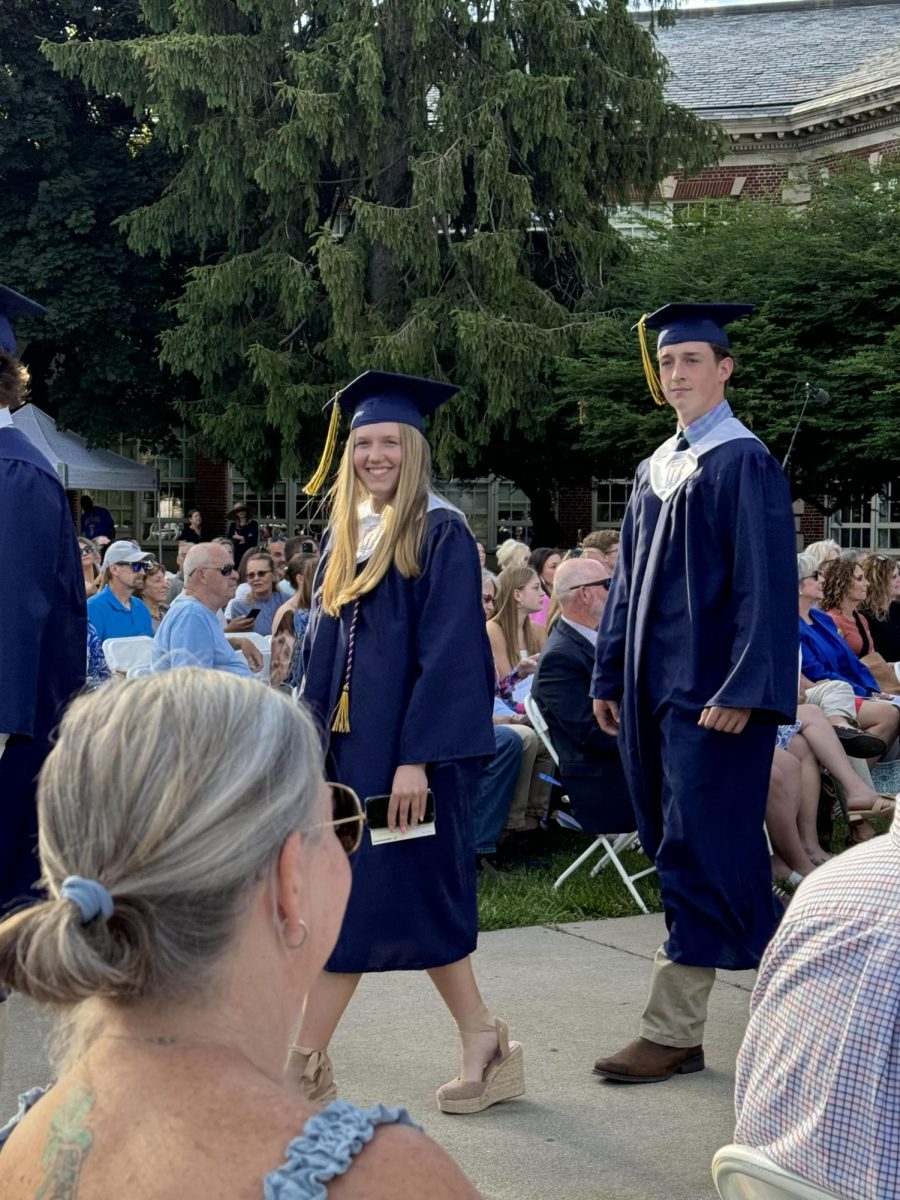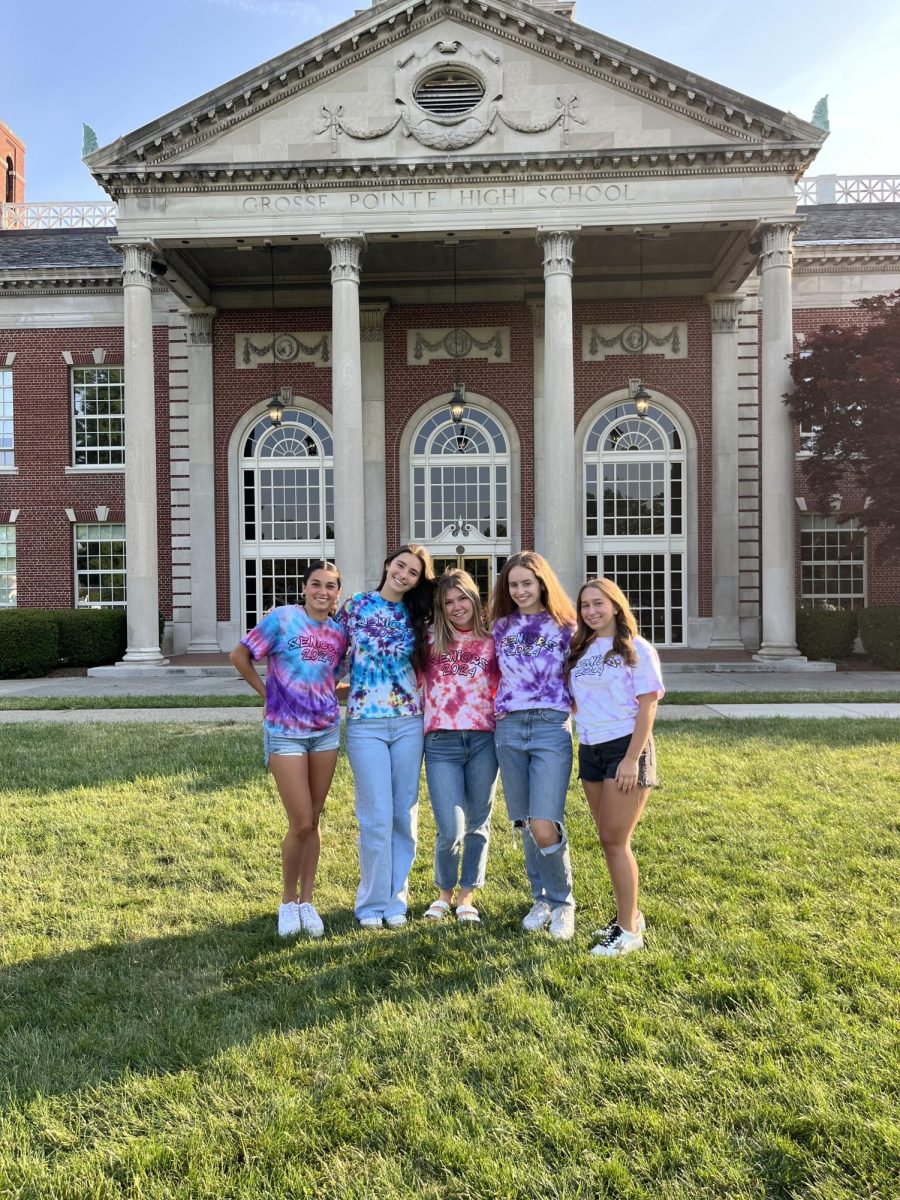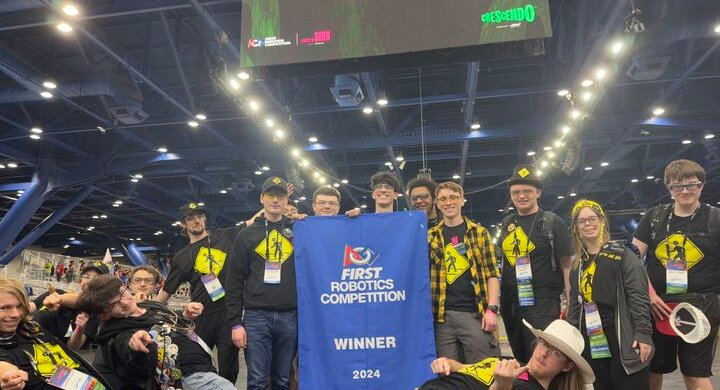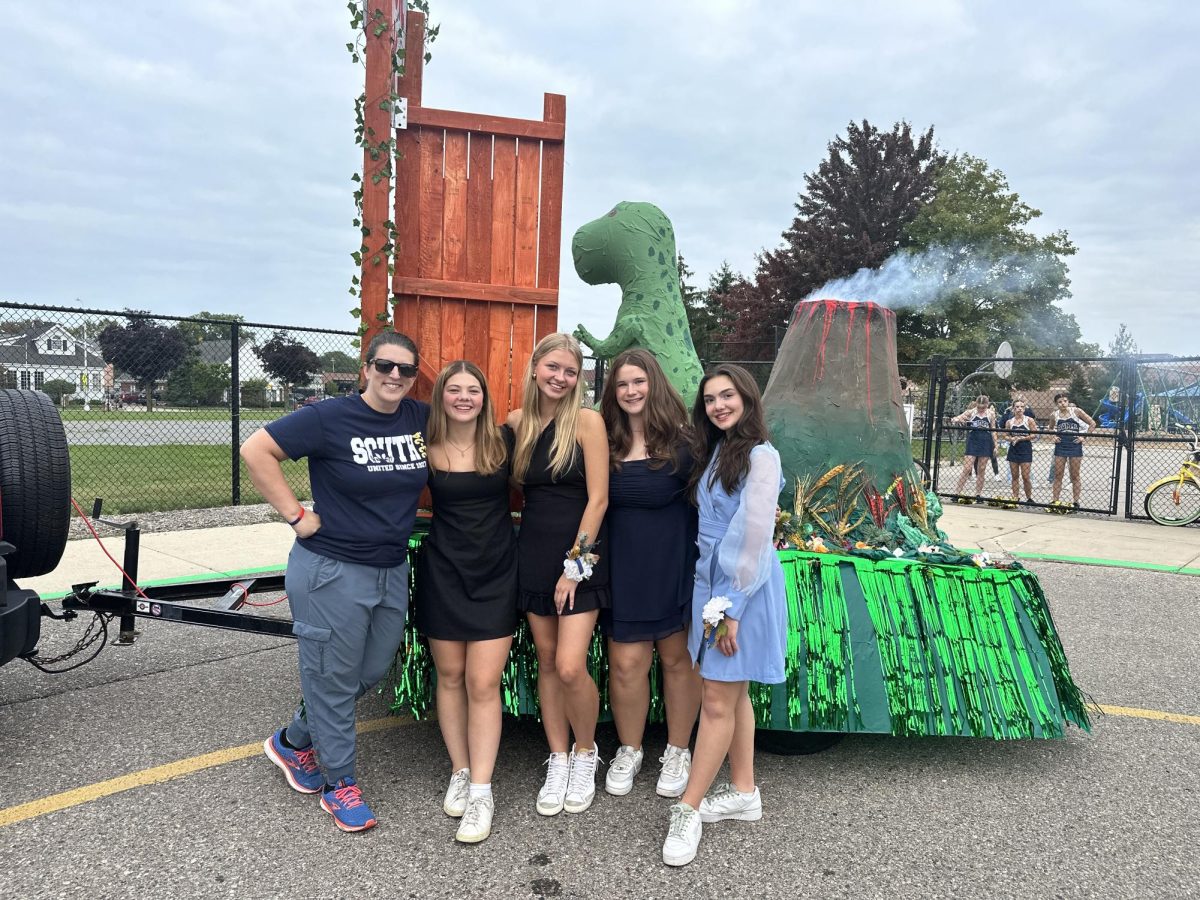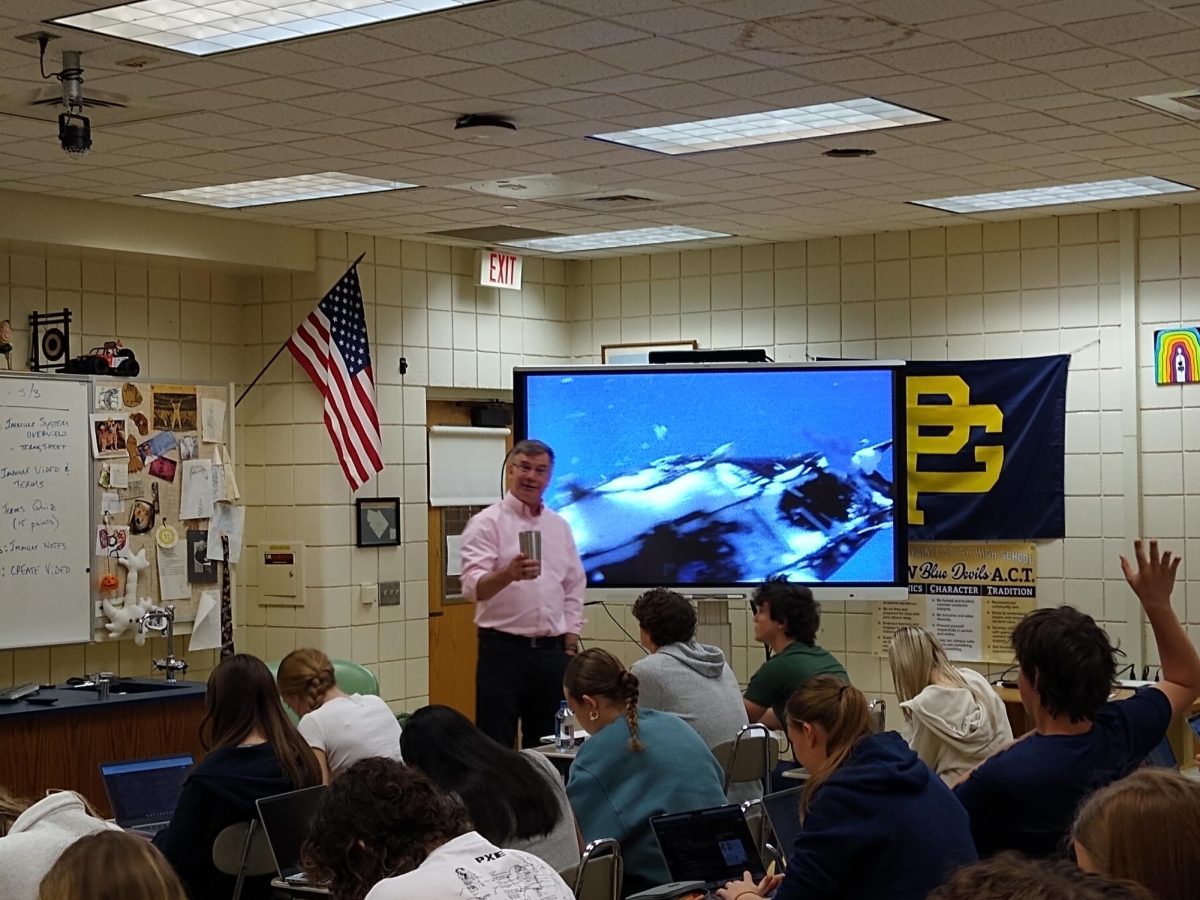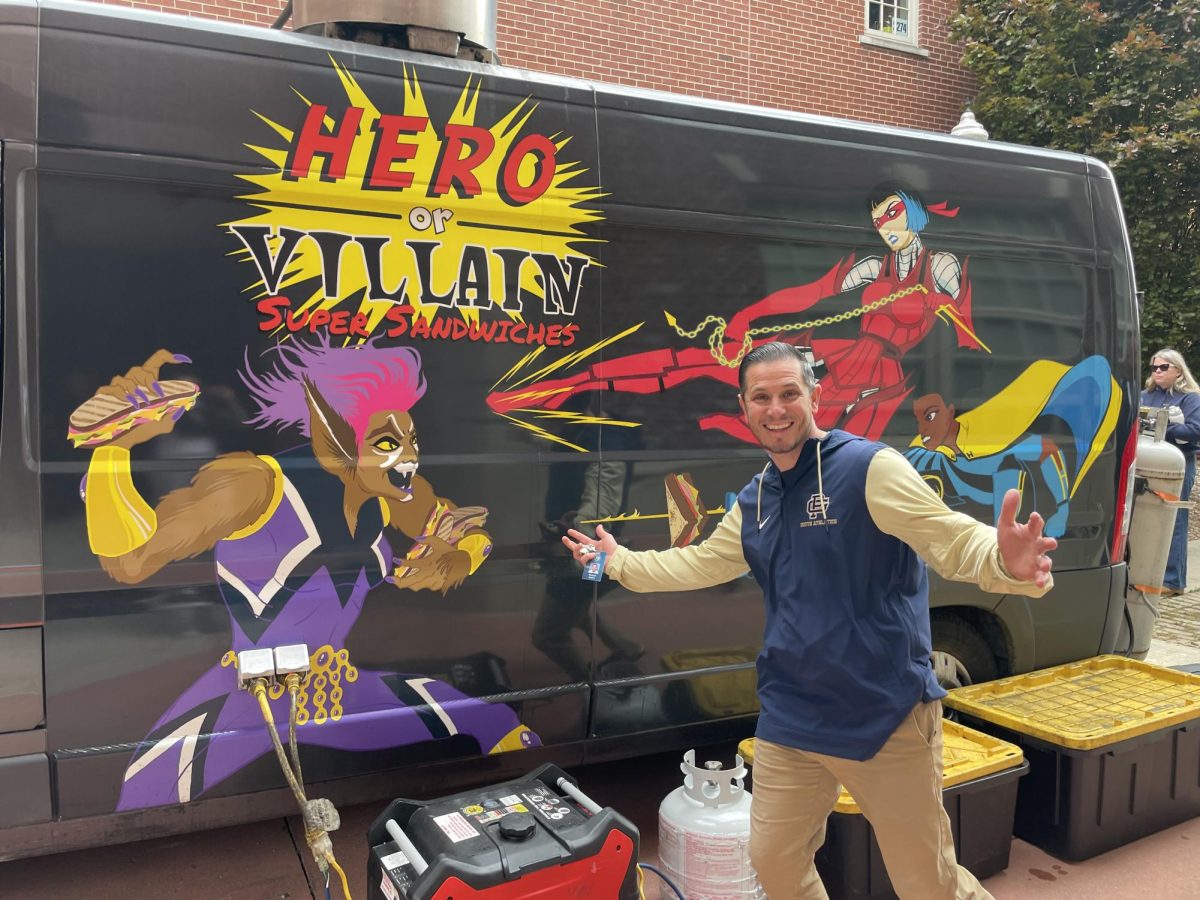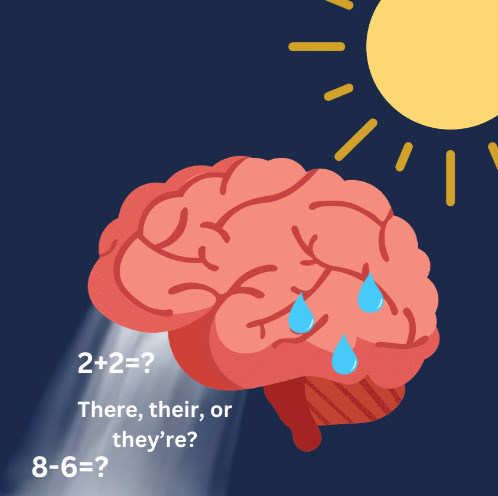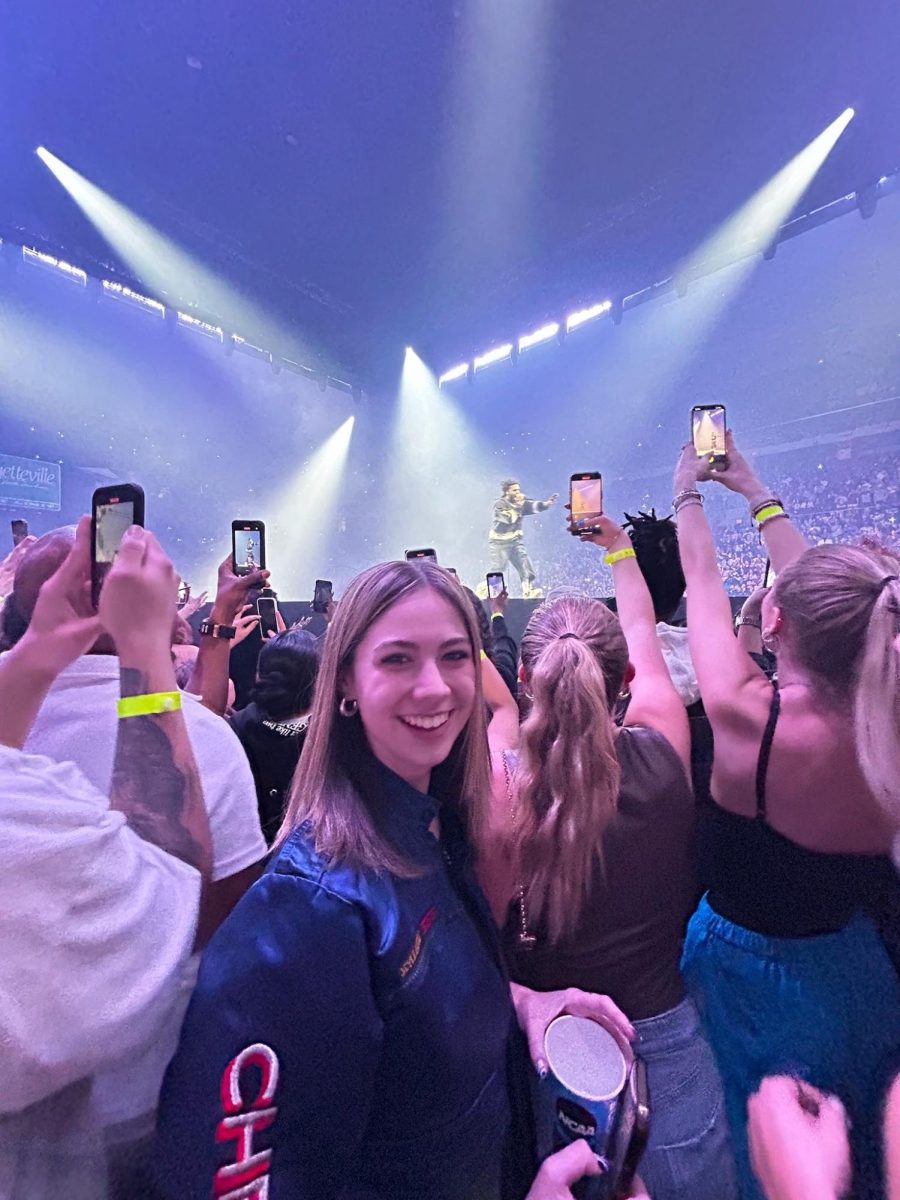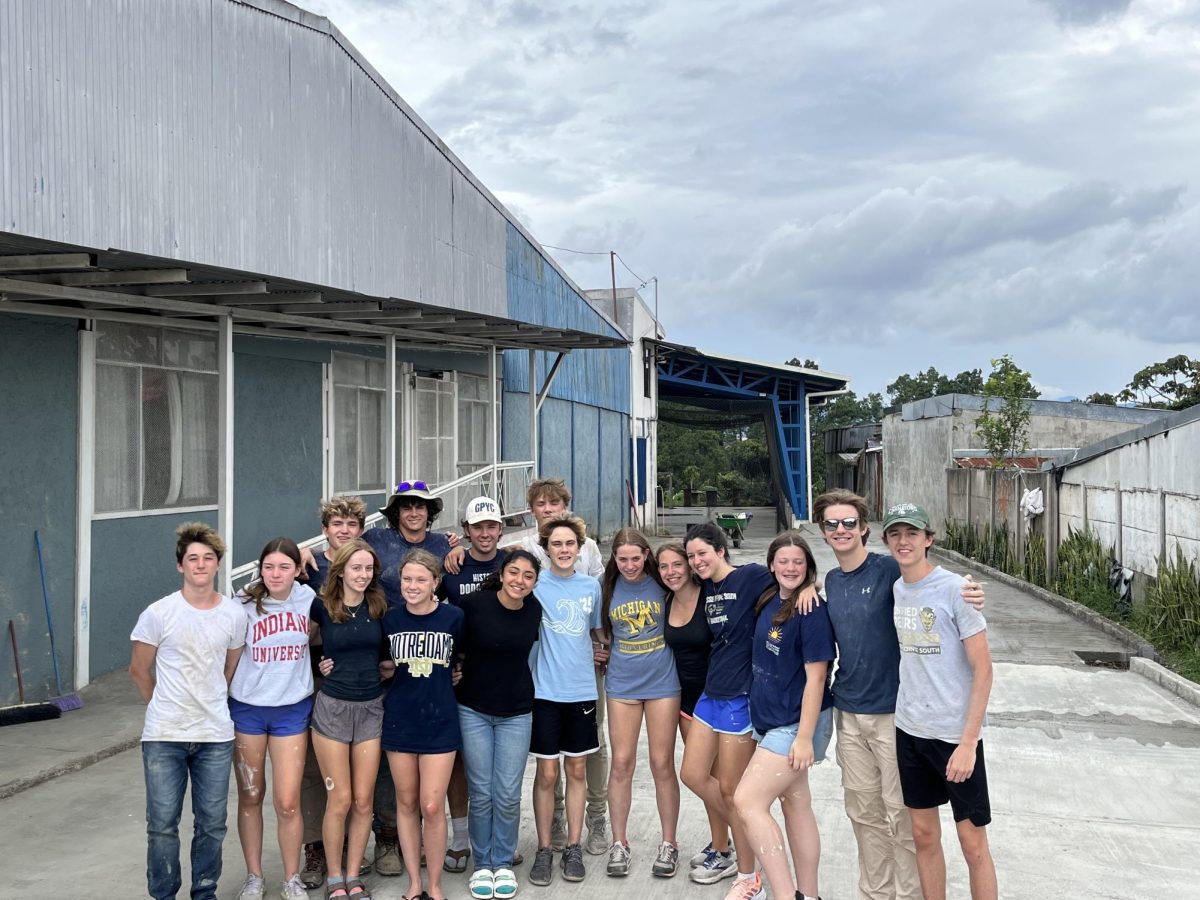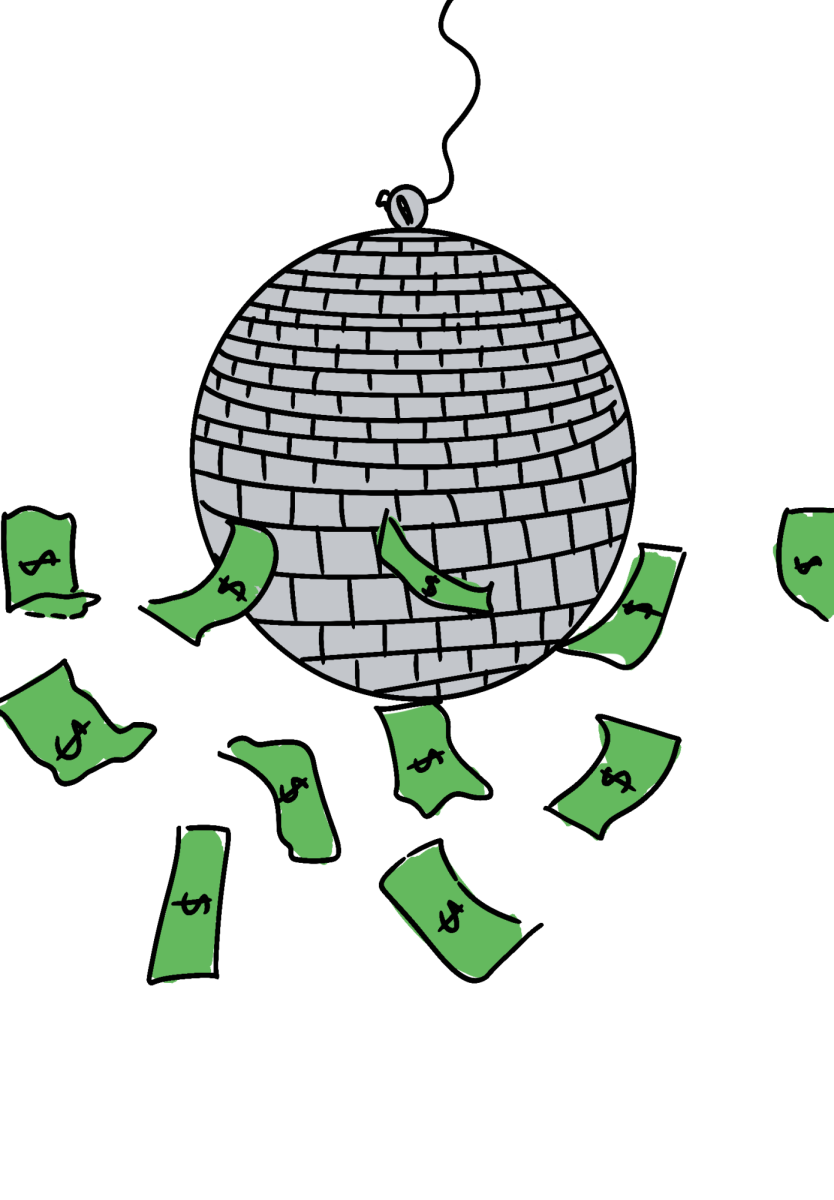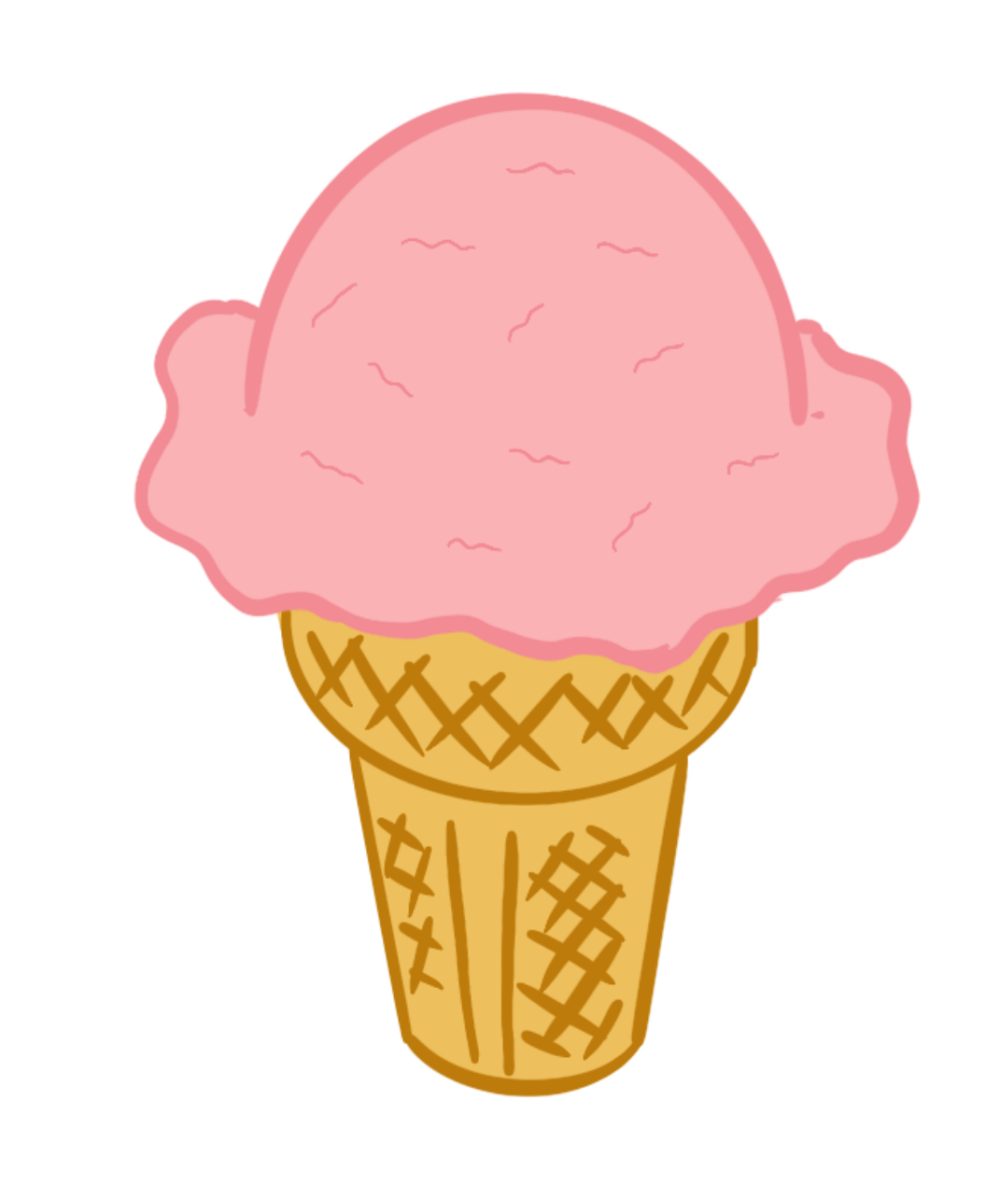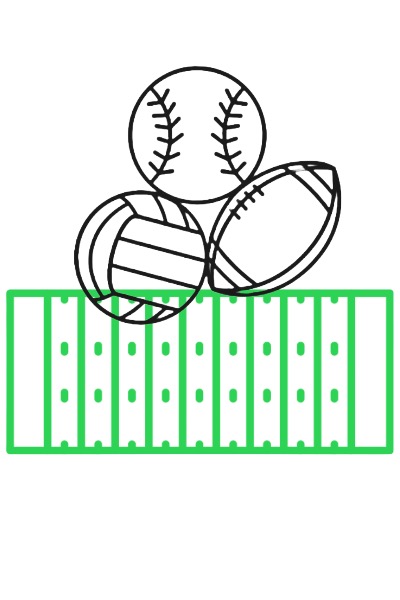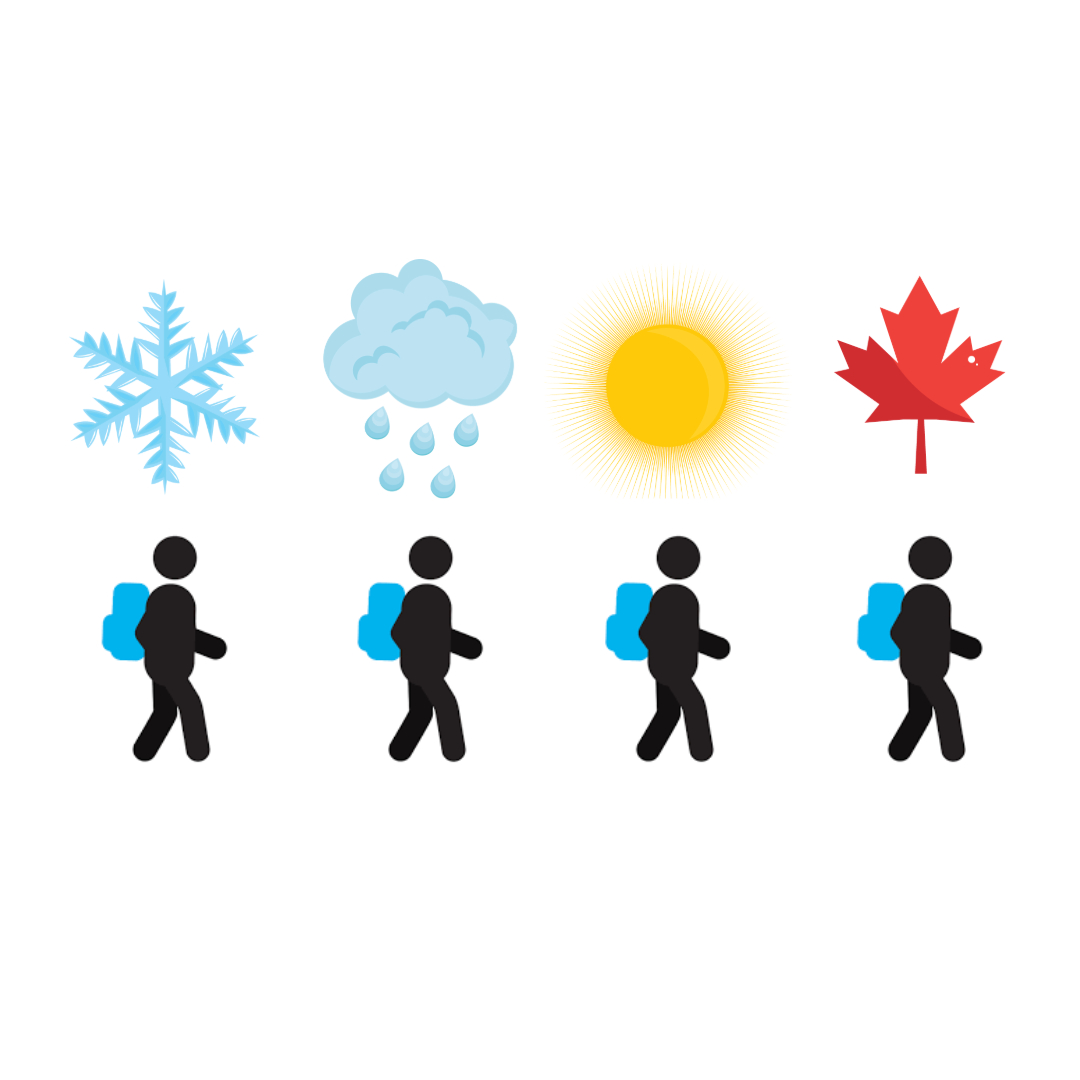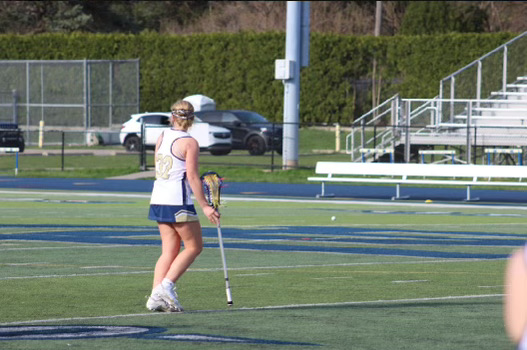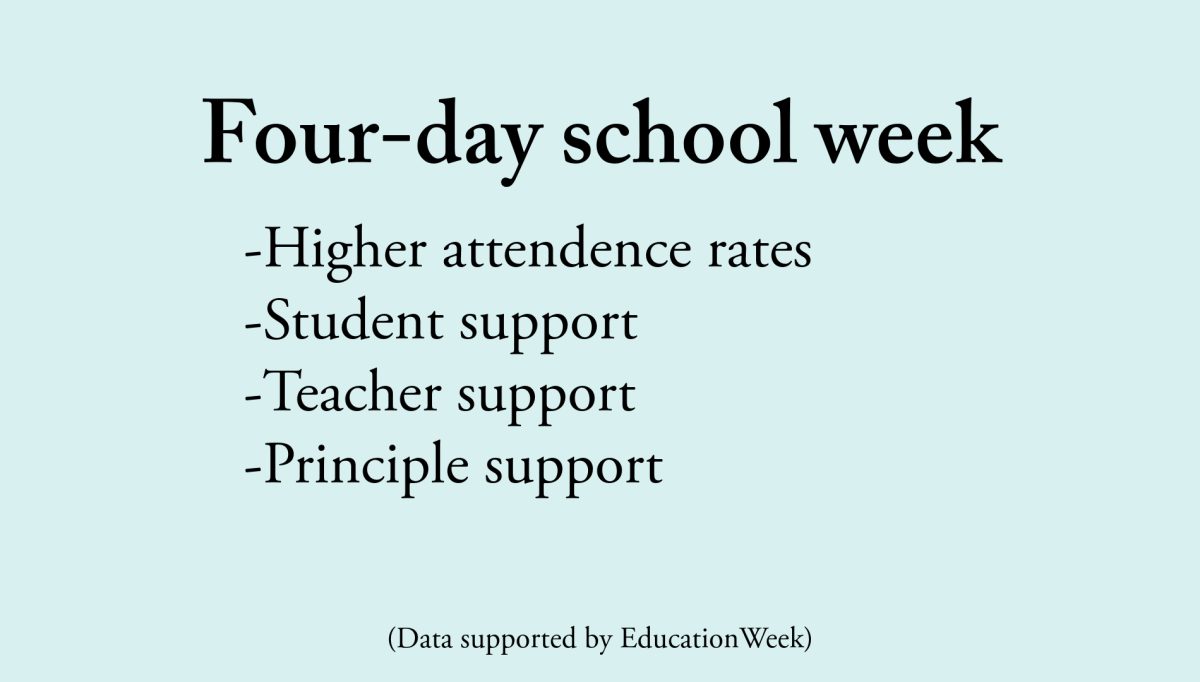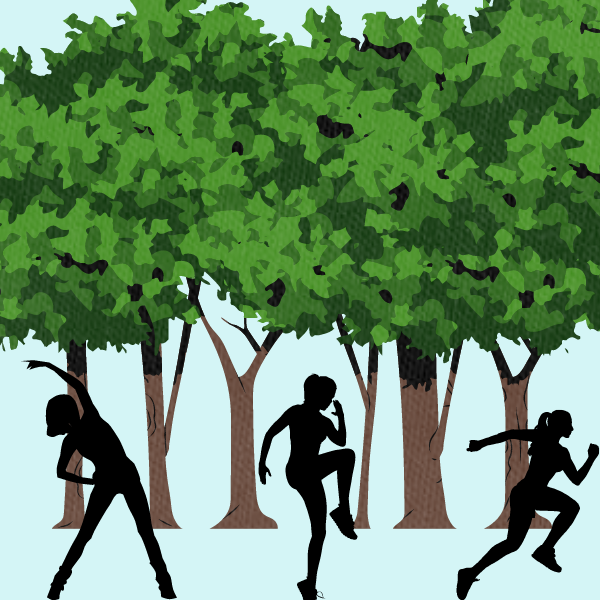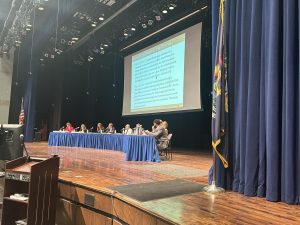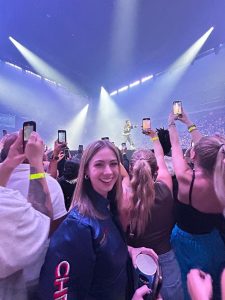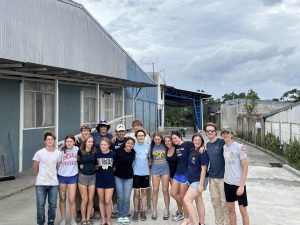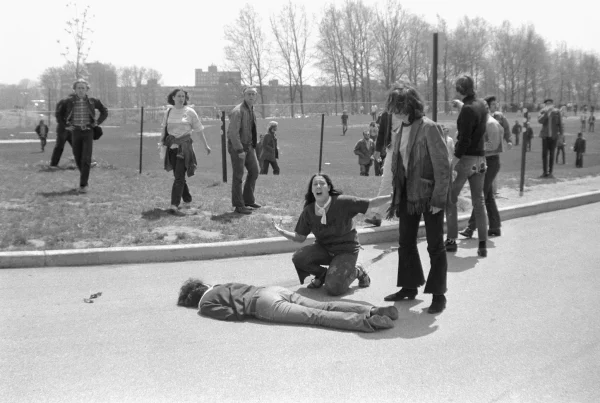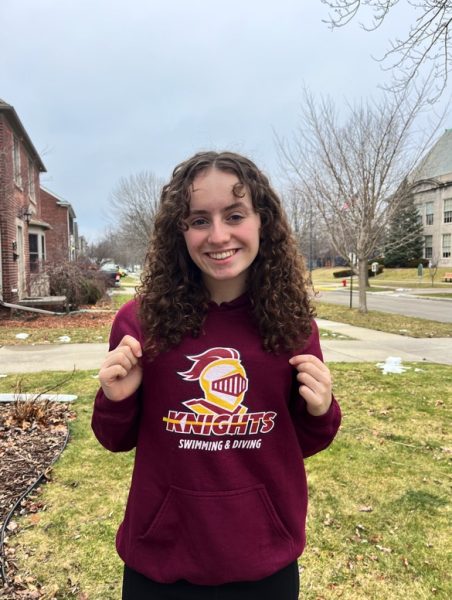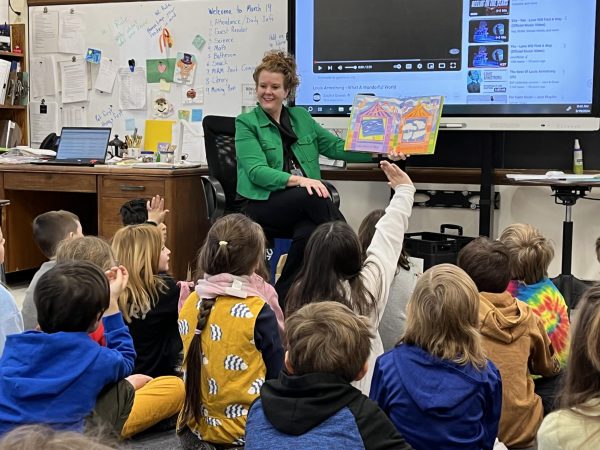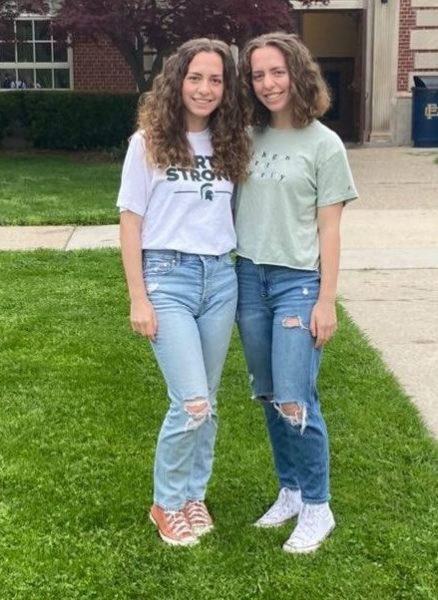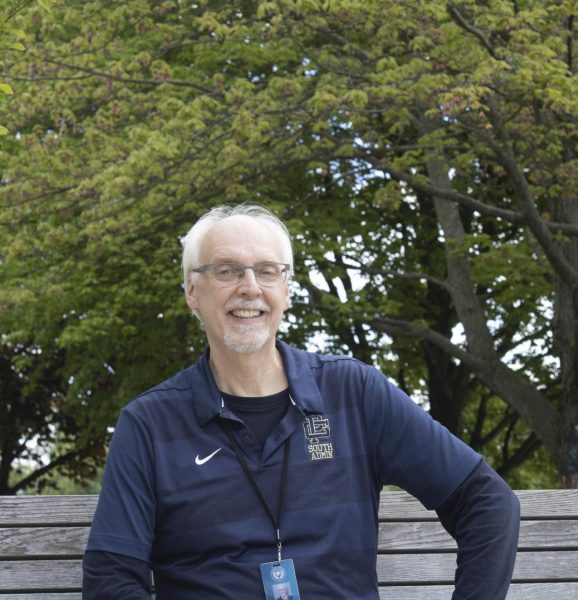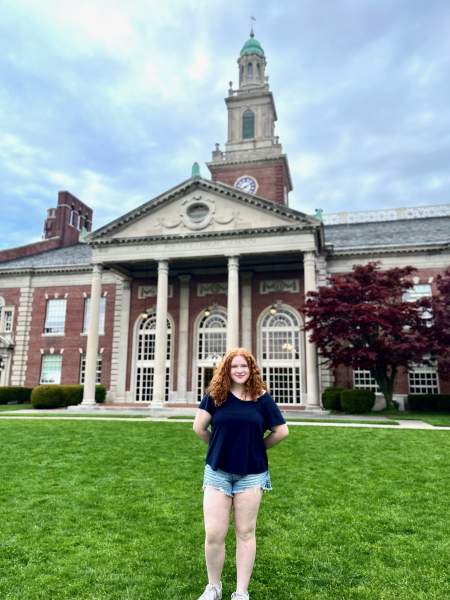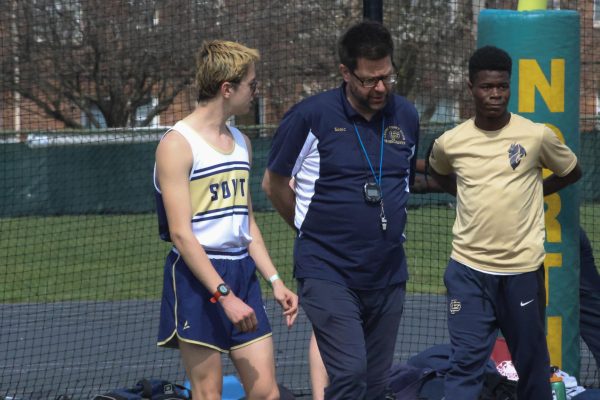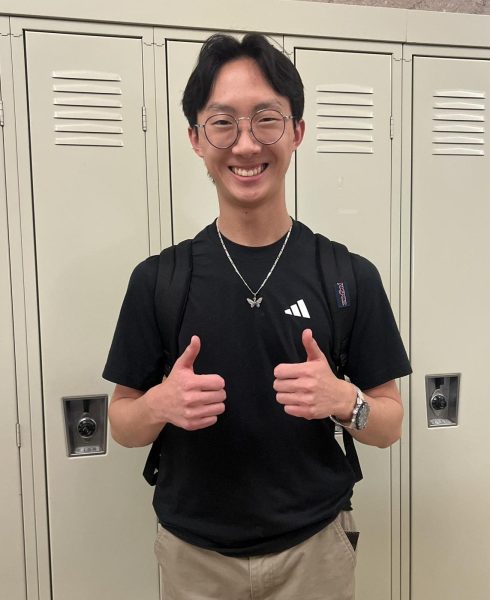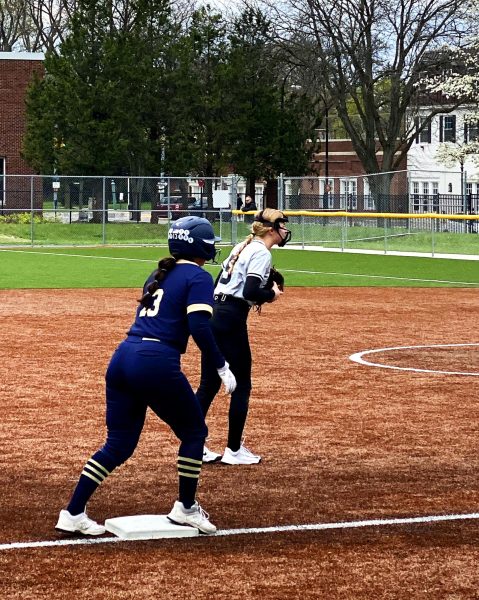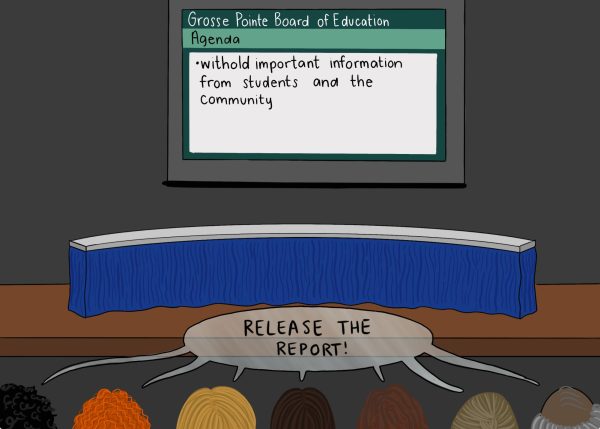South family offers safe haven for those seeking refuge
April 4, 2022
On Thursday, Feb. 24, the lives of Ukrainian residents were drastically altered when Russia launched a full-scale invasion, complete with military forces, on three fronts and opened fire at the capital city. With these recent developments in the devastating Ukrainian-Russian war, around 2 million Ukrainian citizens-turned-refugees have fled their unstable homes, seeking shelter from bombings that jeopardize their lives.
Connections to the war and the people it affects might seem distant from about 5,000 miles away, yet Selga Jansons ’23 recognizes that the conflict is more prominent than some may feel. In her grandparent’s Latvian home, the Jansons have extended a welcome to Ukrainian refugees seeking shelter from the chaos the conflict has jolted.
“[Opening our home] made [the conflict] a lot more personal,” Jansons said. “It seems like it’s really far away when it’s all across the world, but when you find out the home that you’ve lived in for such a long time is being lived in by Ukrainian refugees makes it more scary and a lot more real.”
According to Jansons, having a doorway open to such a distant conflict has allowed her to develop greater compassion for the millions whose lives have been uprooted.
“It made me really sad that these people had to give up their homes and they don’t even know anything about us,” Jansons said. “They just have to put their trust in us.”
Due to a rocky past with Russia, the Jansons family’s sympathy, along with that of many Latvian people, is rooted in more than just basic human decency. The crisis is seeming quite familiar to surrounding areas, and the fact that history is repeating itself can’t be ignored.
“Knowing that Latvia had also been part of the Soviet Union and that we’re also at risk of being invaded, we know what it’s felt like to have been through that,” Jansons said. “A lot of people who live [in Latvia] have been through that and want to help fight to keep that from ever happening again.”
Having at last gained independence in 1991 after a 51-year period of occupation, the memory of Soviet control still looms over the Latvian people, especially now that Russia is approaching. Many Baltic citizens, including Zinta Jansons, Selga Jansons’ aunt and current Latvian resident, have felt that old fear resurface with Russia’s bomb threats.
“The circumstances in which [former Latvian refugees] fled their homes are similar to the current plight of many Ukrainian refugees who are trying to find safety and avoid the violence of war and terror inflicted by the invading Russian army,” Zinta Jansons said.
The fear only continues to grow for residents, as locations that are potentially next on the hit list are geographically very close to where Putin plans on expanding.
“As Latvia shares a border with Russia and Belarus and is only about 600 miles from Kiev, the threat of the Putin regime to broaden Russia’s territorial dominance and sphere of influence is always dangling in front of us,” Zinta Jansons said. “I think we all have the same concerns but have to have a reliance that NATO, the EU and the international community will do what is necessary to help Ukraine to end the war and punish Putin, his regime and its collaborators commensurately for their actions. I sincerely hope my family will not have to flee our home in Latvia, the same way my grandparents and parents had to flee some 80 years ago and in the way that millions of Ukrainians are now forced to flee their homes.”
While some faith has definitely been placed in other countries and citizens to come together and provide aid, that doesn’t detract from the panic and distress that ensues.
“If anything, [needing to open the home] simply drives home the horror and brutality of the acts carried out by the Putin regime and the Russian armed forces which are impacting millions of innocent people,” Zinta Jansons said.
Nevertheless, the potential fear doesn’t stall Zinta Jansons from keeping current victims at the forefront of her mind and immediately doing her best to contribute in a productive manner. She lept into action and registered a flat within her family property to the nonprofit organization “Gribu palīdzēt bēgļiem,” which translated into English means ‘I want to help refugees.’
“As soon as Russia invaded Ukraine it became clear that there would be refugees in potentially large numbers,” Zinta Jansons said. “It did not take much consideration to understand that we [would] also have to open our home to people fleeing from the war in Ukraine.”
Seeing as the flat was open and Ukrainian need was strong, Zinta Jansons said that it was a ‘no-brainer’ that her family would utilize the means that they have. To the many looking to do their part without extra space or property, she suggests lending any spare hand or dollar to the dozens of charities and organizations popping up.
“The most important thing is to give shelter, food and other basic necessities to those who need it,” Zinta Jansons said. “There are many programs set up to provide assistance to refugees in the short term. We will provide any assistance we can, even if it means that we may have to give up some luxuries or comforts.”
Not only has the Ukrainian-Russian war sparked an uproar in people it affects directly, it has influenced many good samaritans all over the world to put forth their best effort, using various methods of fundraising to donate to places that were created for helping Ukrainians. Due to great community interest, local Grosse Pointe community member Erin Weber helped plan a party on March 18 dedicated to raising money for Save the Children Ukraine.
“It’s not new for me to want to help, however, with this specific situation what made me want to help was the collective global outrage,” Weber said.
The party brought people together in a way that strived to offer a sense of community and togetherness during a time where things continue to feel shaky all throughout the globe. An overarching goal was to encourage kids to get involved and help in ways that they can whilst not biting off more than they can chew, therefore leading to demotivation.
“There are other ways we could’ve done it, but I like this way because it brings people together and they feel purposeful, and also powerful, and I hope that’s also inspiring,” Weber said. “You get to be with people and be supported in that everybody is watching this happen and you’re not by yourself, you’re not alone, and I think it creates a sense of community.”
Even though Russia and Ukraine may be geographically far away, it remains as important as ever for everyone from Latvia to Grosse Pointe to play their part and help in any way feasible, keeping conscious of the real-world effects that possible jokes could play, even if they seem harmless at first.
“I know people make a lot of jokes about [the war] on TikTok and stuff, but just realize how many people this is affecting and that this isn’t a joke,” Selga Jansons said. “Even though it might not be affecting you personally, it’s still a horrible thing happening to millions of people and we need to understand the depth of this struggle.”

